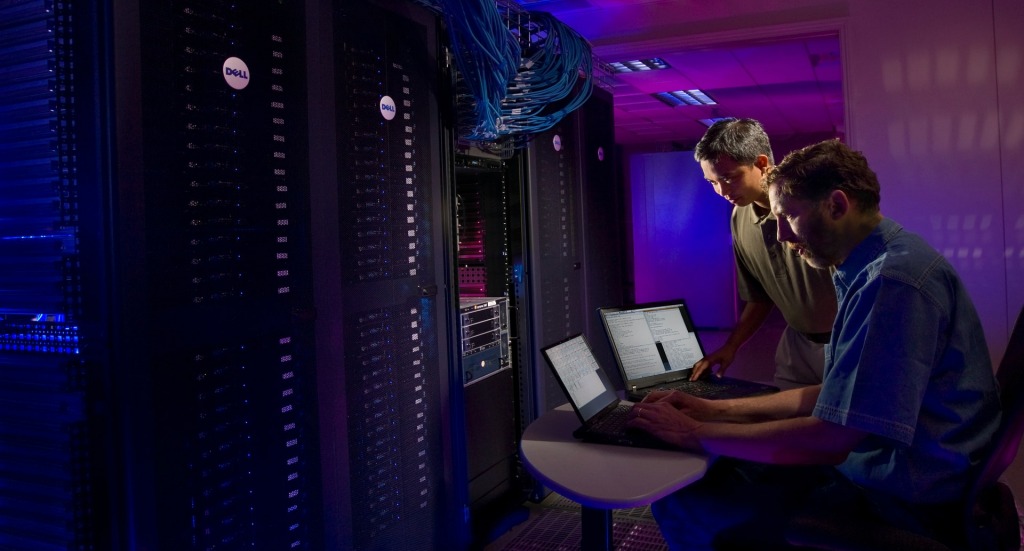Document management is a significant tool for organizations in 2021 because of the extensive digitization of workflows among many firms. Moving paper documents to online digital files adds another layer of security and safety to your original paperwork and crucial documents. It’s a smart idea to archive physical documents to a digital format if your company hasn’t previously done so to better safeguard them for the future. NPC provides the best document scanners for sale.
Having documents backed up in a digital format to keep them safe is considered a best practice, and it requires the correct equipment. Document scanners are an important part of effective document management and businesses are scanning and storing vital documents on their servers for backup purposes as well as having the original stored in filing cabinets.
You will be able to save space in your workplace, improve the security of sensitive information, and have an electronic copy of vital documents that will not be lost if you use a document scanner for your business.
There are certain essential questions you should ask yourself to help you choose the finest document scanner for your business. Such as:
Do you want a Flatbed or sheet-fed scanner?
A flatbed scanner offers greater flexibility for fragile documents and produces a higher-quality image (9,600dpi) of your documents. It tends to be a slow and labor-intensive process though as each page must be scanned one at a time. Consider a flatbed scanner to be similar to a copy machine – whatever you can copy, you can also scan with a flatbed scanner. Sheetfed scanners, on the other hand, are often less expensive than flatbed scanners and require less space. They can also scan large amounts of paper at the same time with the help of the automatic document feeder. Sheetfed scanners, however, tend to create lower-quality images (600dpi). If space and cost aren’t an issue, you might want to consider the benefits of investing in a flatbed scanner.
What are you looking to scan?
The scanner you use should be able to scan the documents you need and provide clear, crisp images. Do you scan receipts and printed documents or are you scanning photographs?
You’ll need a scanner developed exclusively for high-resolution images to scan photographs. Photo scanners provide increased resolution and improved color quality, allowing digitally produced photographs to retain their beauty and be reprinted at the same high quality as the original.
How many documents are you planning on scanning?
A high-volume document scanner is required if you wish to digitize large paper archives. The majority of high-end document scanners come with an automatic document feeder. However, if you only want to scan a few pages regularly, a less expensive entry model will suffice. There are portable document scanners that can accomplish these small jobs, as well as smartphone apps that use your phone’s camera to digitally scan your documents.
How much space do you have in your office for a scanner?
Scanners come in a variety of sizes. Do you want a small scanner that you can put on one of your employees’ desks, or do you want a large centralized scanner that can be used by everyone in the office?
Some scanners are heavy and bulky, while others are lightweight and portable. You might be able to decide which type of scanner you will need for your company once you’ve determined what type of documents you will be scanning and how many pages will be scanned daily.
Is optical character recognition required?
Your document scanner can read and digitize the text in your documents using optical character recognition (OCR) software. OCR makes organizing, searching for, and formatting scanned documents a breeze. It is an industry-standard capability included in most modern document scanners, and it may save your business a lot of time.
What OS system do you have installed?
The document scanner you’re thinking about buying must be compatible with your operating system. The majority of document scanners are compatible with Windows PC’s however, there are fewer options for Mac users. If your company runs on Mac OS, make sure the document scanner you’re considering is compatible with that operating system. (You can install third-party drivers if the scanner isn’t instantly compatible with Mac OS out of the box; however, they might occasionally decrease functionality and slow down the speed.)
What level of bit depth do you require?
A higher bit depth is beneficial, much like a higher dpi but file sizes will become significantly larger when scanned at higher resolutions and bit depths. Based on your requirements, you might determine that a resolution of 300dpi and a bit depth of 24 should be enough for regular color scanning. If however, you’re a designer who frequently works with graphics or photographs, you’ll want to consider models with resolutions of 9,600dpi and up to 48-bit scan depth.
What kind of image sensor do you require?
The less expensive and more common option is a CIS scanner (Contact Image Sensor). However, it will not offer the ideal scan quality when scanning wrinkled paper documents or bound sheets. Purchasing a CCD scanner (Charged Couple Device) on the other hand will offer much higher quality and better color accuracy but it will be bulkier and cost more.
Do you require USB, Network, or Wireless access?
Many new features allow you to connect to your devices wirelessly, but USB and network connectivity are still a useful backup choice. Wireless connectivity is useful and has its advantages however a direct wire connection (either USB or Network) will always offer higher speeds and faster data transfer rates.


